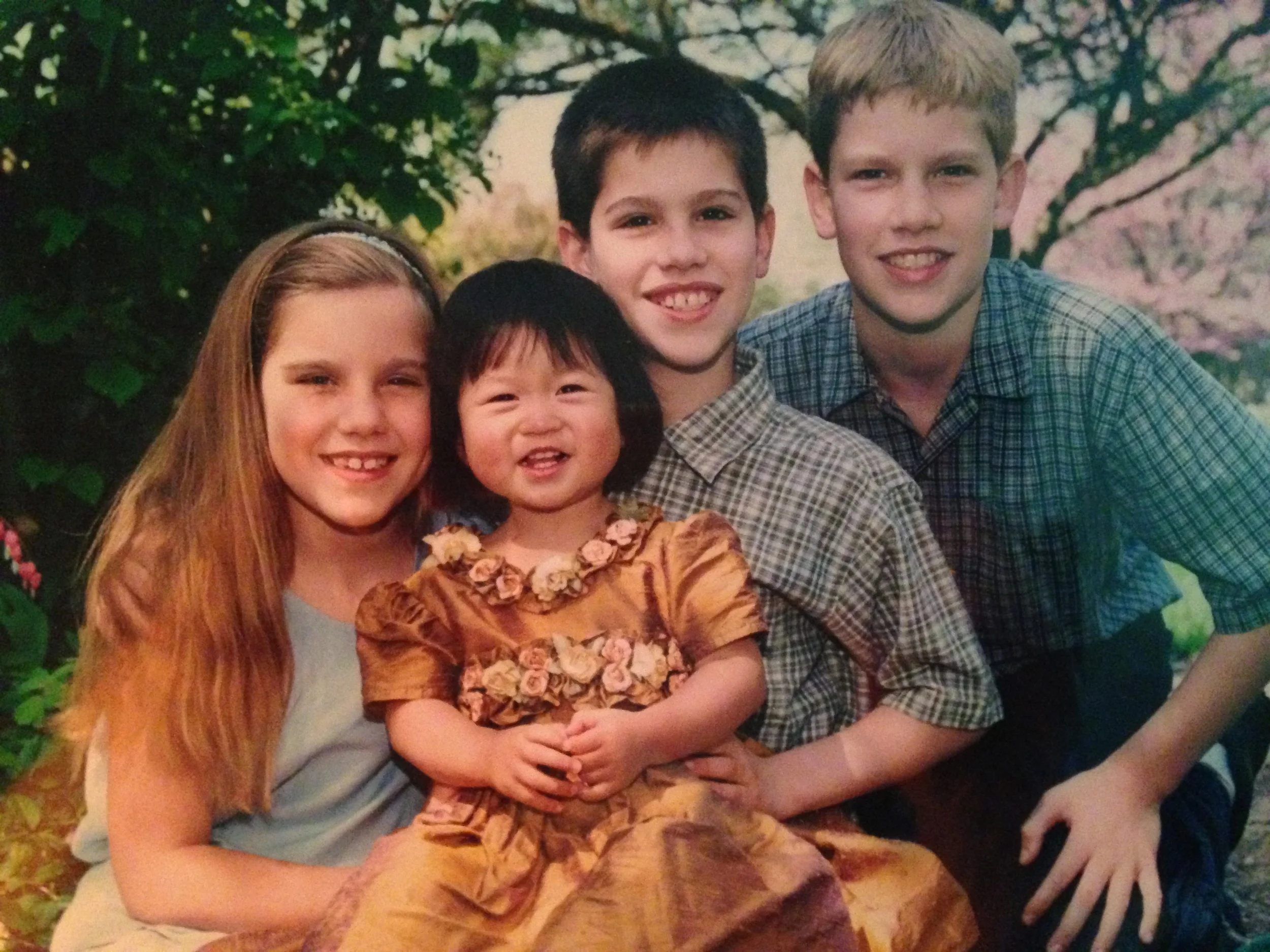When should I tell my child he/she is adopted? Should I include ALL the details?
I believe it is best for children to know about their adoption as soon as possible. Hearing their story from you first builds trust over hearing "accidentally" from a relative. One way to introduce this is by reading children's books to them, about adoption, while they’re still toddlers. You can always communicate more details as they grow older and become more ready to handle any potentially upsetting facts.* (see Resources section under the MORE tab for a suggested reading list)
I have heard about R.A.D., what is it, and what can I do to help my child bond with me?
R.A.D. stands for Reactive Attachment Disorder. First off, not all adopted children have attachment issues. However, due to a disruption in relationships early in life, children with R.A.D. can have an aversion to touch, underdeveloped conscience, anger problems, and/ or control issues. The most important thing for you to do in this instance is to be patient and set realistic expectations. More than that, you can find ways to develop positive interactions with your child. In most cases, coaching and parenting education is needed.*
My internationally adopted child receives unkind comments and questions at school. How should I encourage him to respond?
There are a number of different ways children may respond when faced with this issue. Much of their response depends on their temperament and the specifics of the situation. Adopted children may choose to tell something about their adoption story, ignore what is said, express that it is personal (and that they don't have to answer questions), or use the opportunity to educate others about the beauty of adoption.*
I often feel alone when other parents don't understand what I am going through as an adoptive parent. How can I find the support I need, and connect with other adoptive parents?
Visiting this website is a great place to start! I can help you connect with adoption conferences and support groups in your area. If we find that none exist, I would love to help you start one. My coaching sessions will offer you encouragement and direction that is customized to your family's needs.*
I love my adopted child, but I wasn't expecting behavioral challenges. What can do to help her change, from the inside?
First of all, know that you are not alone. Most adoptive families experience some degree of behavioral challenges they weren't expecting. Setting limits and communicating expectations with appropriate consequences for misbehavior, are great first steps. A key to remember is that focusing on a child's change of heart is always more important than simple compliance.*
*If you have further questions or would like detailed answers that are specific to your family, please contact me to set up a free, 30-minute consultation to see if you would benefit from my coaching services.
